The newest registered user is гераскинс
Our users have posted a total of 48009 messages in 7050 subjects

WORLD CLOCK
NAT GEO * Do you smoke weed recreationally? *
Valley of the Sun Casual Club :: WORDS , FACTS , DATES , GAMES & TRIVIA & HISTORY :: NATIONAL GEOGRAPHIC
 NAT GEO * Do you smoke weed recreationally? *
NAT GEO * Do you smoke weed recreationally? *

A customer smokes while waiting in line outside the Housing Works Cannabis Co. on the first day of legal recreational marijuana sales in New York, U.S.
PHOTOGRAPH BY JEENAH MOON, BLOOMBERG/GETTY IMAGES
Do you smoke weed recreationally? Here's what experts want you to know.
Today’s cannabis strains are not your grandma’s weed—and they may be impacting your mental health, heart health, and more.
ByMeryl Davids Landau
March 22, 2024
Some 23 states and the District of Columbia have legalized recreational cannabis in recent years, and others, including Florida, will vote to do so in November. This changing landscape has led to a dramatic rise in consumption, with some 62 million Americans using cannabis in 2023. But legalization of cannabis doesn’t mean that regular consumption is completely safe.
A growing body of evidence has documented an array of health concerns beyond just dry mouth and fatigue and includes both mental and physical illnesses. One recent study even links cannabis consumption to heart disease.
“People think about Bob Marley when they think about cannabis. They think it’s natural, it’s Mother Nature, that it’s not going to do any harm,” says Marco Solmi, a psychiatrist at the University of Ottawa. Yet his review of the substance published in the BMJ found numerous potential problems.
Cannabis isn’t dangerous in the same way opioids are, says Deborah Hasin, an epidemiologist at Columbia University who has researched cannabis use and abuse. “People don’t die from cannabis overdose,” she says. “But it can have a lot of other consequences to both physical and psychological health.”
Stronger strains abound

A Seattle cannabis worker cradles the resin dusted bud of a strain called Blueberry Cheesecake. Modern cannabis strains are often selected and bred for higher concentrations of cannabinoids, which can have much more pronounced effects on users than the cannabis of the 1960s and 70s.
PHOTOGRAPH BY LYNN JOHNSON, NAT GEO IMAGE COLLECTION
Some of the problems can be attributed to the stronger strains now available. As Maria Rahmandar, medical director of the substance use and prevention program at Chicago’s Lurie Children’s Hospital, put it at a recent discussion of cannabis at the National Academies of Sciences, Engineering, and Medicine, today’s products are “not your grandmother’s weed.”
“These products are much more potent and come in so many different formulations, that it’s very different from those in the sixties and even the nineties,” Rahmandar says.
The way people consume cannabis today increases the amount of the active ingredient, tetrahydrocannabinol (THC), they ingest. Vaping and edibles generally deliver higher quantities than rolling and smoking joints does, Rahmandar says.
Psychological distress a significant problem
One of the lesser-known but troublesome risks of regular cannabis use is substance-abuse psychosis, where a person has delusions or paranoia, hears voices, and otherwise temporarily loses touch with reality. The psychosis generally resolves within a few days, but in some cases requires hospitalization.
This condition can occur with any psychologically altering substances, but the risk from cannabis is higher even than from cocaine, Solmi says.
“You’re more likely to develop substance-abuse psychosis if you use cannabis daily, but I cannot tell you there’s a safe amount that would prevent this,” he says. Young adults and males are the most prone.
Especially worrisome, up to a third of people who experience substance-abuse psychosis go on to develop the more permanent condition of schizophrenia, Solmi says.
(Schizophrenia in women is widely misunderstood—and misdiagnosed)
Observational studies also connect other mental-health conditions to frequent cannabis use. Solmi’s review found that depression increases, as does violence among dating couples. And since cannabis causes cognitive impairment—as well as visual impairment—car accidents have risen among users who drive while under the influence.
Experts especially worry about the mental health impacts for teenagers. Some 17 percent of tenth graders report using cannabis, even though no state has legalized the drug for anyone under 21.
Adolescents are 37 percent more likely to develop depression by young adulthood if they regularly use cannabis compared to non-users. Rates of suicide are also higher.
 Similar topics
Similar topics» National Today * National Smoke and Mirrors Day – March 29, 2024 *
Valley of the Sun Casual Club :: WORDS , FACTS , DATES , GAMES & TRIVIA & HISTORY :: NATIONAL GEOGRAPHIC

 Events
Events



























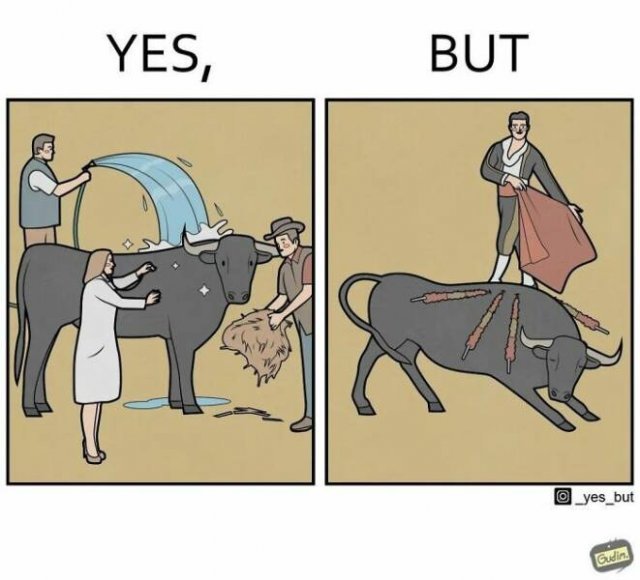
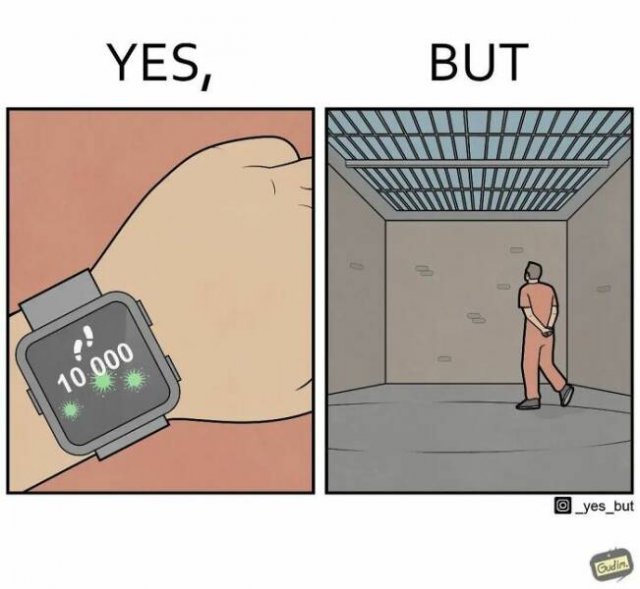
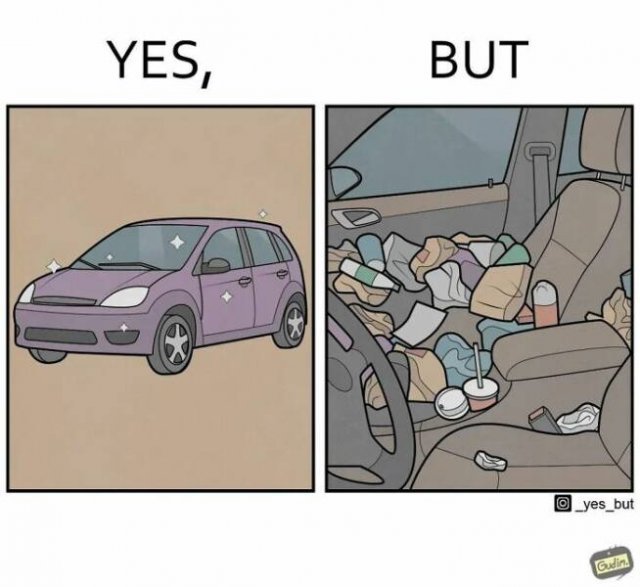
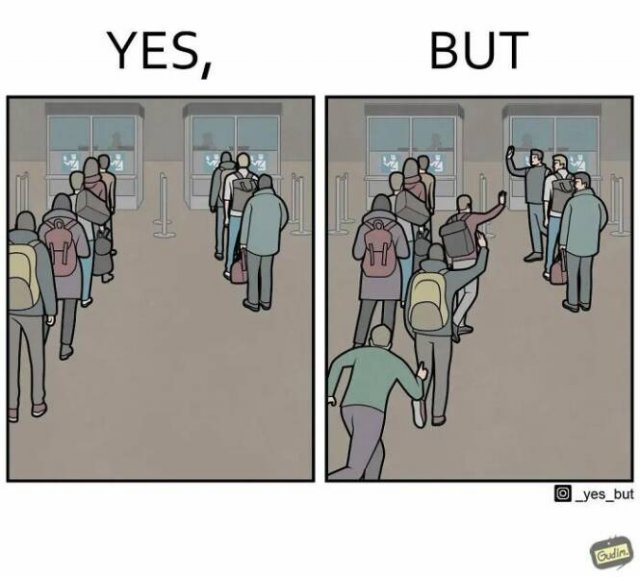

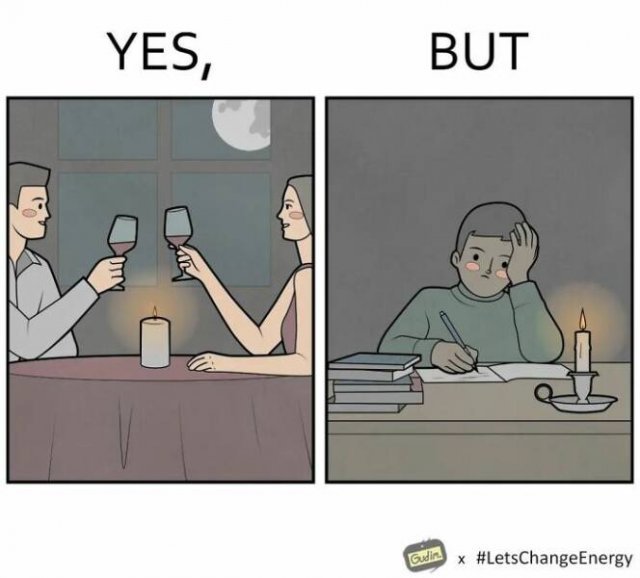
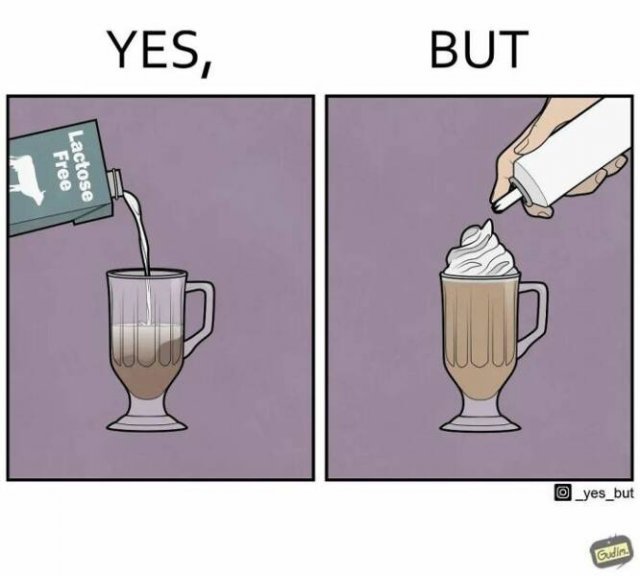









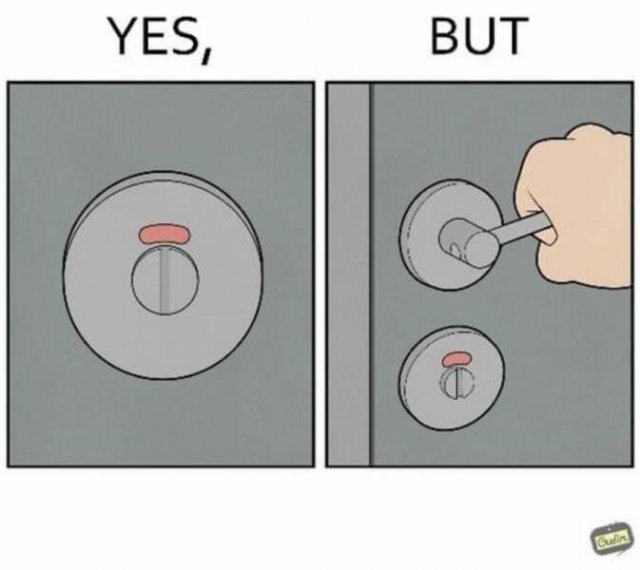
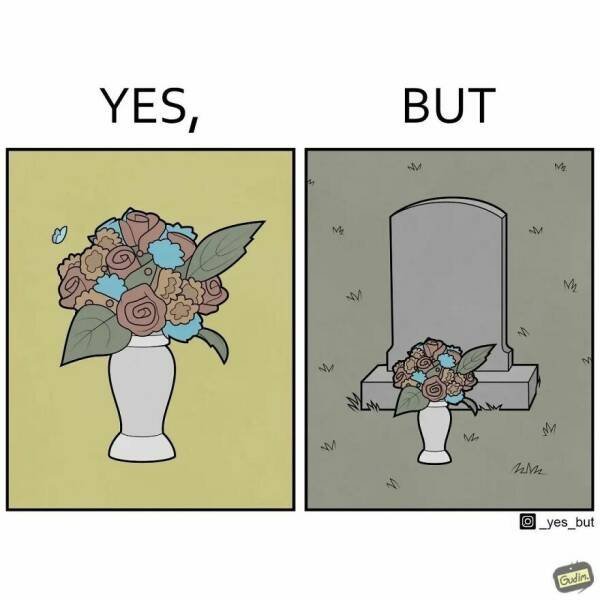


































» INTRO TO WORD SMARTS
» PINTEREST ICONIC COMIX
» HISTORY FACTS * Gold wasn't always the top Olympic medal *
» Word Genius Word of the day * occlude *
» JULY NATIONAL CELEBRATION DAYS JULY 26 2024
» QUIZ TREAT QUIZ *Which mammal has the most powerful bite? *
» QUIZ TREAT ANSWER PAGE
» NAT GEO * The 2024 Olympics will likely be the hottest ever *
» NAT GEO * Sharks found with cocaine in their systems *
» WISE TRIVIA QUIZ *What was the first song ever played on the radio? *
» WISE TRIVIA ANSWER PAGE
» E.S.Etaski * Sister Seekers Book 10 now available everywhere! *
» WORD DAILY Word of the Day: * literatim *
» JULY NATIONAL CELEBRATION DAYS JULY 25 2024